In June, the Supreme Court ruled that affirmative action programs based on race are unconstitutional in their landmark decision on Students for Fair Admissions, Inc. v. President and Fellows of Harvard College and its companion case Students for Fair Admissions v. University of North Carolina et al. Although the immediate impact of the decision on the University remains unclear, it is likely to have far-reaching consequences on college admissions across the country.
In previous decisions, the Supreme Court found that affirmative action programs were permissible and did not conflict with the Fourteenth Amendment in some instances, meaning that universities—including UChicago—could consider race as a factor in admissions. This is separate from racial quota systems, which the Court ruled were unconstitutional in 1978.
However, the Court’s majority opinion in Students for Fair Admissions v. Harvard states that prior decisions have “permitted race-based college admissions only within the confines of narrow restrictions: such admissions programs…may never use race as a stereotype or negative, and must—at some point—end.” The Court found that current affirmative action programs have not met these requirements and are thus unconstitutional.
In its majority opinion, the Supreme Court sided with Students for Fair Admissions (SFFA), citing arguments that the Equal Protection Clause of the Fourteenth Amendment “should not permit any distinctions of law based on race or color.”
The majority claimed that the Supreme Court’s decision in Brown v. Board of Education shows that “the right to a public education ‘must be made available to all on equal terms.’” The Court clarified that school admissions must be made “on a racially nondiscriminatory basis.”
SFFA is a nonprofit group that advocates against race-based admissions programs, which they contend are unfair and contrary to the ideals of the civil rights movement.
The organization filed lawsuits against Harvard University and the University of North California (UNC) in 2014, arguing that the universities’ admissions programs, which considered race, violated Title VI of the Civil Rights Act of 1964 and the Fourteenth Amendment’s Equal Protection Clause.
Before the Court issued its decision, the University of Chicago and 15 other universities filed an amicus brief to demonstrate their support for affirmative action programs. The brief objected to SFFA’s claims that the universities’ “consideration of race and ethnicity reduces every applicant to a ‘crude stereotyp[e].” Instead, the universities argued that “it is impossible to fully appreciate every applicant’s experiences and perspectives while turning a blind eye to race and ethnicity.”
The universities further argued that the use of affirmative action is not unfair because “an admissions program that treated race or ethnicity as ‘automatically ensur[ing] a specific and identifiable contribution to a university’s diversity’ would fall outside the scope of permissible consideration of race in university admissions.” The universities claimed their admissions processes considered race as “one factor among many” used to advance diversity.
UChicago, along with the other universities included in the brief, outlined possible consequences of eliminating affirmative action.
The universities in the brief referenced a finding from a lower court’s ruling on SFFA v. Harvard to argue that “the race-neutral alternatives proposed by [SFFA] would lead to a near 33 [percent] reduction in the number of African American students admitted, absent other admissions policy changes that would ‘result in a significant decline in the strength of Harvard’s admitted classes across multiple dimensions, including its potential for academic and scholarly achievement.’”
The universities also claimed that ending affirmative action could harm underrepresented minority students. The brief cited a survey from the University of California, where affirmative action has been banned since 1996, that “showed that African-American and Latinx students at [its most selective] campuses—the least racially diverse in the UC System—‘report[ed] feeling that students of their race are not respected’ at ‘substantially higher percentages’ than at UC’s most diverse campuses.”
Following the SFFA decision, President Paul Alivisatos and Provost Katherine Baicker affirmed the University’s commitment to upholding diversity in an email to the University community.
“We consider diversity to be a strength—and, indeed, foundational to our academic success. Advancing rigorous inquiry requires welcoming a diversity of perspectives and ideas, as well as a diversity of life experiences,” the email read. “Bringing together people from the broadest possible range of backgrounds is often the first step toward realizing field-defining scholarship and providing a transformative education for our students by fostering a culture that reveres open discourse and constant questioning.”
In a statement to The Maroon, University spokesperson Gerald McSwiggan said that “the University will comply with all applicable laws while continuing efforts to engage with applicants of high ability from all backgrounds in order to foster a diverse and welcoming environment.”









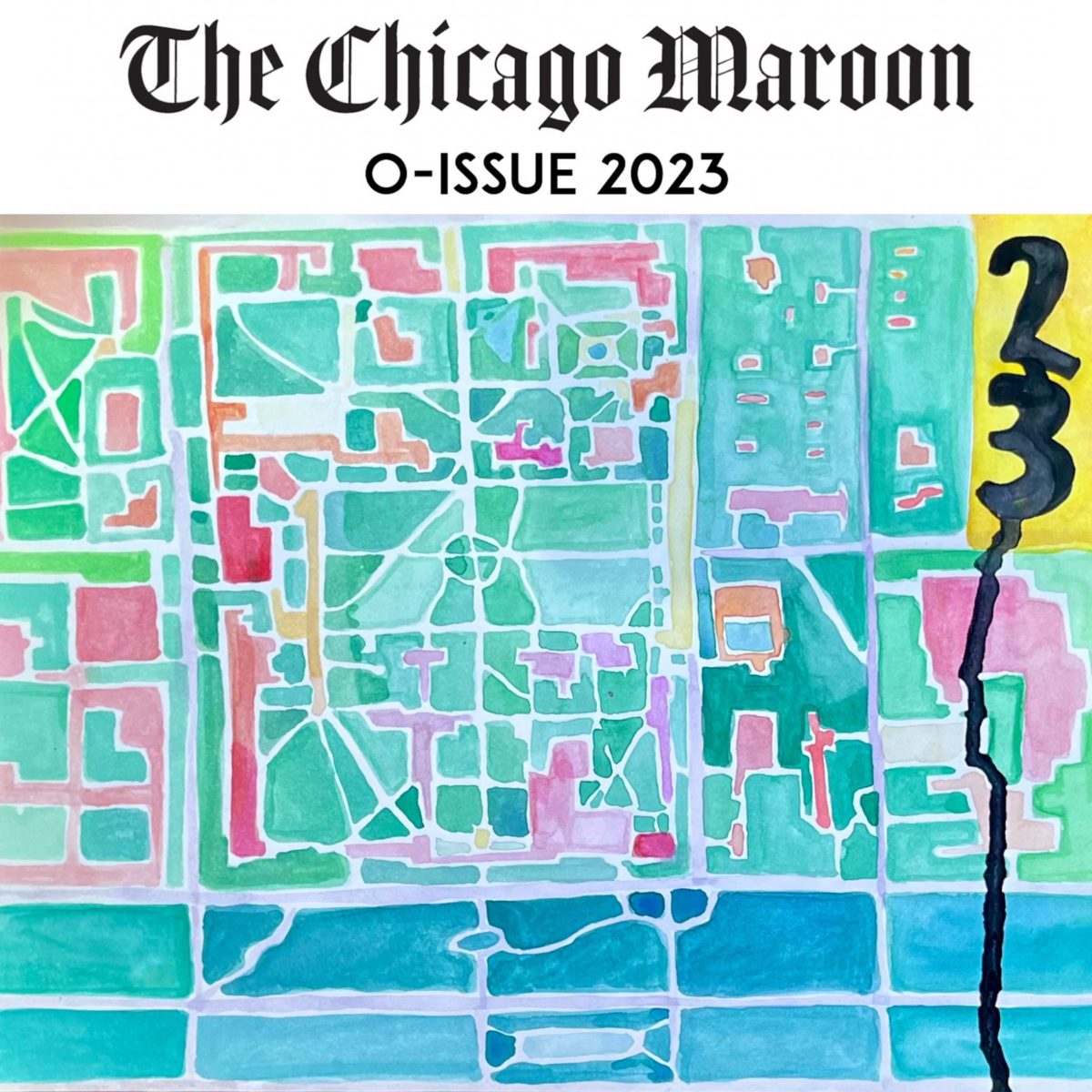

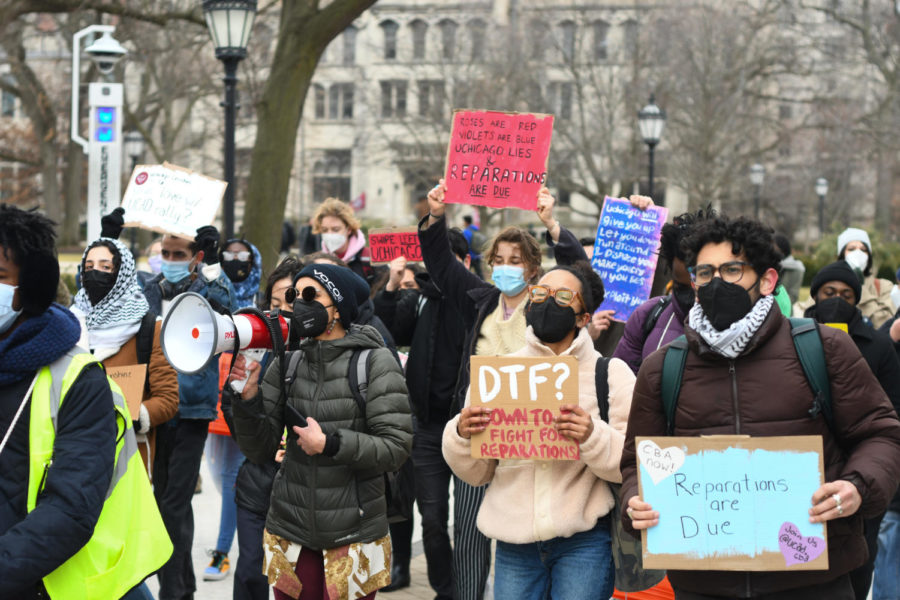
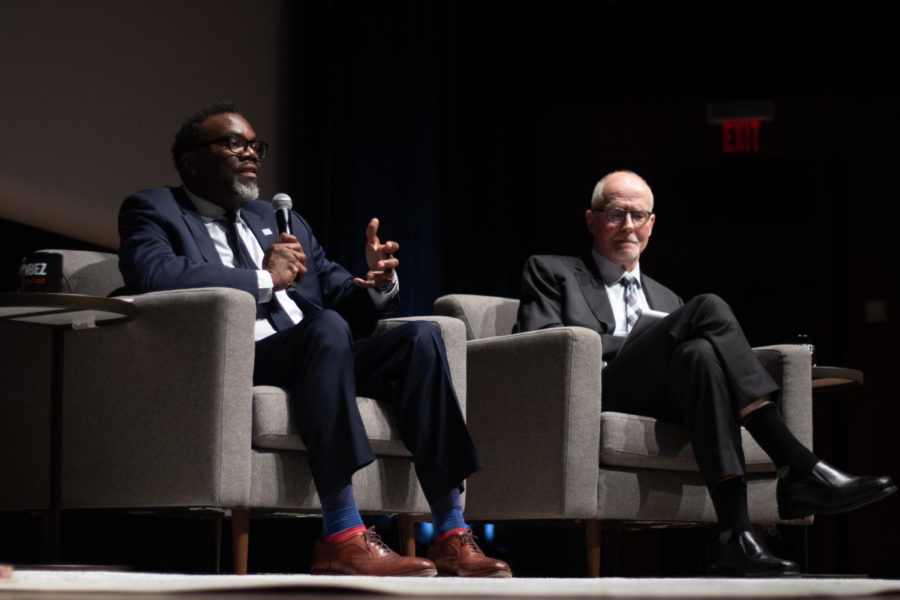

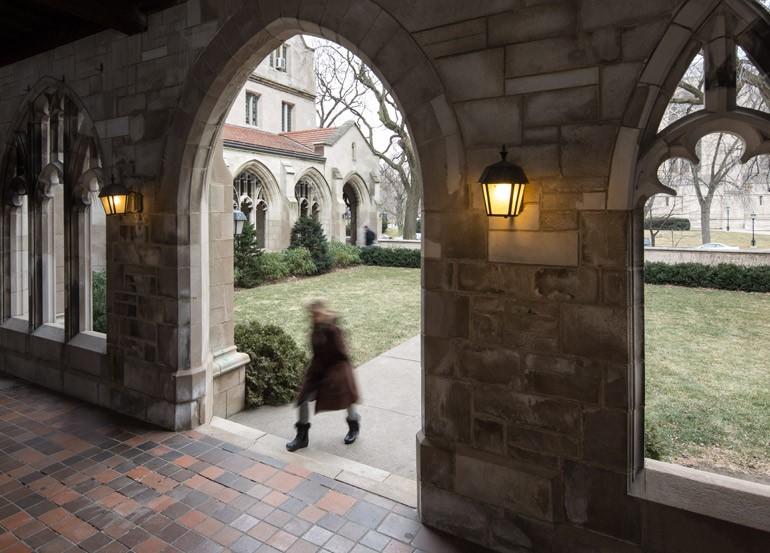
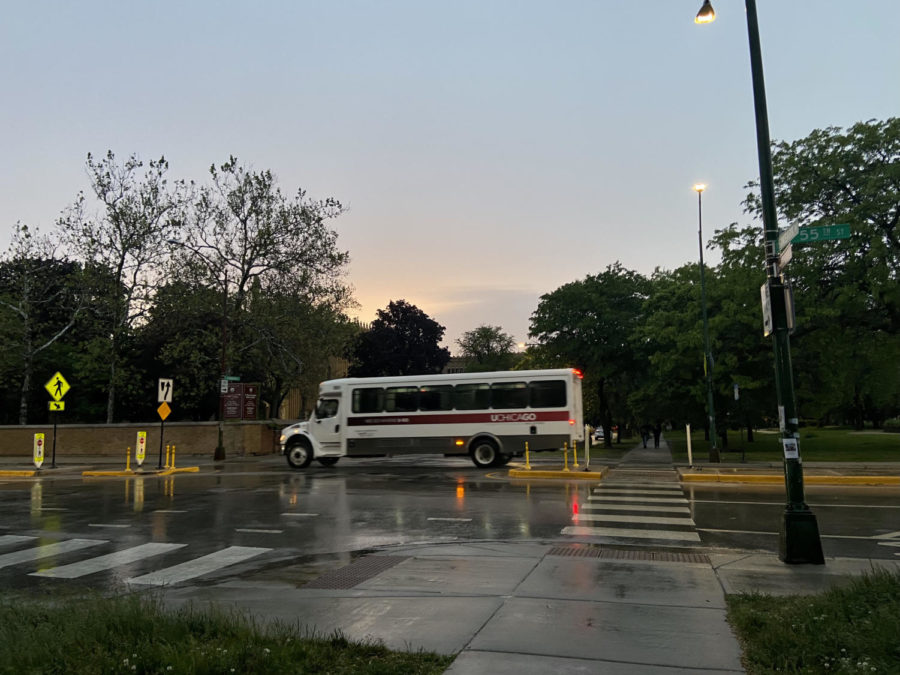
Edvidal1215@gmail.com / Dec 26, 2023 at 12:05 pm
As a Latino immigrant, I hate affirmative action and its supporters. I want to be judged by the quality of my scholarship, not my ethnicity or culture. DEI stands for Diversity, Equity and Incompetence.
Ed Vidal, BA’78, JD’81